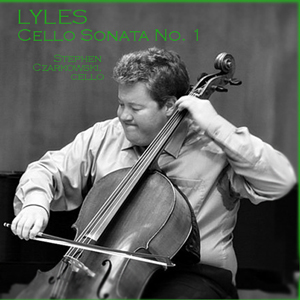If you do not follow the antics of our right wing, as I tend to do—like watching the carcass of a wild animal day by day on the side of the road—you may be unaware of the Michigan legislature’s “Matt’s Safe School Law,” which was named after a young gay man who committed suicide after being bullied.
What’s so rotten about that, you might ask? Michigan State Senate Republicans amended the bill to include an exception for “deeply held religious beliefs.”
Think about that for a moment.
That’s right: if the bill passes with that amendment, it will be illegal to bully a kid in school—unless Jesus told you to.
Here’s what Sen. Gretchen Whitmer had to say to her colleagues:
“Your exceptions have swallowed the rule.” Don’t you like that?
Of course, the strict wording of the amendment just means that it’s OK for someone to say, “I believe being homosexual is against God’s will.” Only that’s not what those people say, is it? Simple “declarations of faith” are not exactly what is being licensed here, is it?
Here’s the thing: the Republican neanderthals who came up with this clearly meant for it to protect those little Christianists amongst themselves who think it’s an infringement on their freedom to worship as they please if they can’t kick the crap out of a gay kid. Sen. Whitmer’s emotional castigation would not even register with those people, because of course it’s OK to leave that queer a bloody pulp on the playground. Leviticus tells us so.
As usual, of course, they haven’t thought this through. When the Muslim kid punches out the little Christianist for drawing a sassy cartoon of Mohammad, would they be OK with that? We know what these Republicans would say about Muslims who riot over depictions of the Prophet in newspapers, but their amendment protects exactly this kind of behavior.
“But that’s different!” they would cry if confronted with the idea.
No. No, it’s not.

